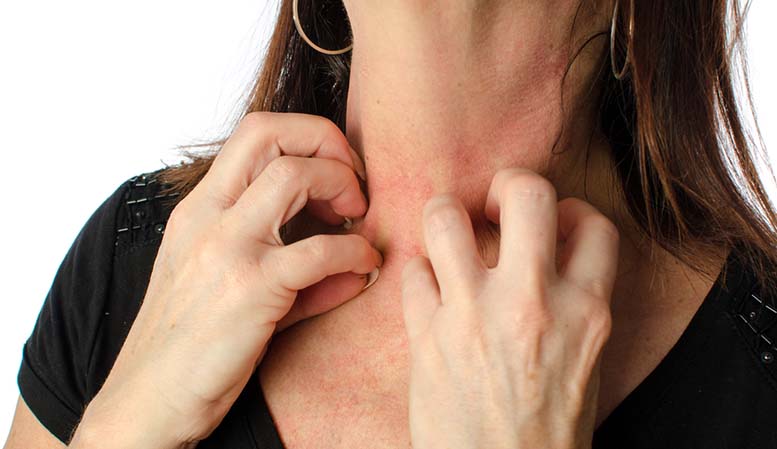Eczema affects over 30 million people in the United States, and if you are one of them, you may be willing to try anything to eliminate those red, dry, and itchy patches of skin. If that’s the case, you do have options.
Since no form of eczema is curable, there are only effective treatment options to address the unpleasant symptoms caused by eczema, which may involve using steroid creams and ointments. However, even these therapies do not come without adverse side effects and are not recommended for long-term use. So, in reality, these medicinal treatment options can only provide you temporary relief given that eczema has a recurrent nature.
On the other hand, making some lifestyle adjustments such as enhancing the quality of your diet, avoiding products containing chemicals or fragrance, and managing your stress level can go a long way in preventing eczema outbreaks. Keeping your skin moisturized is also another integral part of circumventing eczema outbreaks and severe symptoms. Besides these important tips, you can also try some of the following all-natural eczema treatments to ease your symptoms.
Probiotics
Probiotics are not only beneficial for healthy gut bacteria but also for your skin health. Research shows that an adequate intake of probiotics during pregnancy or while still nursing can lower your child’s risk of suffering from eczema. Though there isn’t much data on how probiotics may help in treating eczema in adults, some experts firmly believe that consuming probiotics can at the very least lessen the severity of eczema flare-ups. Just as they do so in the stomach, probiotics can also lessen inflammation of the skin. Some foods that are rich in probiotics include kefir, yogurt, and sauerkraut; you may also take probiotic supplements.
Coconut Oil
National Eczema Association has reported that over 90% of individuals affected with eczema seem to host staph bacteria inside their nose and on their skin. The correlation between the staph bacteria and eczema is still fuzzy in that there is no answer to whether the staph bacteria are the cause or result of eczema or even whether the staph bacteria play a role in exacerbating the symptoms of eczema.
According to a study released by the journal Dermatitis, individuals with eczema were tested for staph bacteria and separated into two test groups where one group applied virgin coconut oil to two non-affected areas for a month while the other group did the same using virgin olive oil. Only 5% of those who used virgin coconut oil tested positive for the bacteria at the end of the study out of all the patients who had tested positive for the staph bacteria at the beginning. This percentage was 50% for the group that applied virgin olive oil. Furthermore, patients who used virgin coconut oil reported experiencing lessened redness, dryness, and scaling upon the conclusion of the trial.
Omega-3
A growing number of studies show that a high intake of omega-3 fatty acids, found in fish like trout, mackerel, and salmon, can improve the symptoms of eczema. In addition to the option of increasing your intake of omega-3 fats through the consumption of seafood and shellfish, you may also choose to take omega-3 fish oil supplements.
Aloe Vera
Aloe vera is nature’s anti-inflammatory topical gel as it has a soothing effect on the skin and can relieve inflammation. You can extract aloe vera from an aloe plant directly or simply purchase a bottle of aloe vera gel at a drugstore or grocery store. Granted it is not exactly a cure, applying aloe vera to the affected areas can be highly effective in relieving irritation and itching temporarily.
Featured Image: Depositphotos/© thodonal




